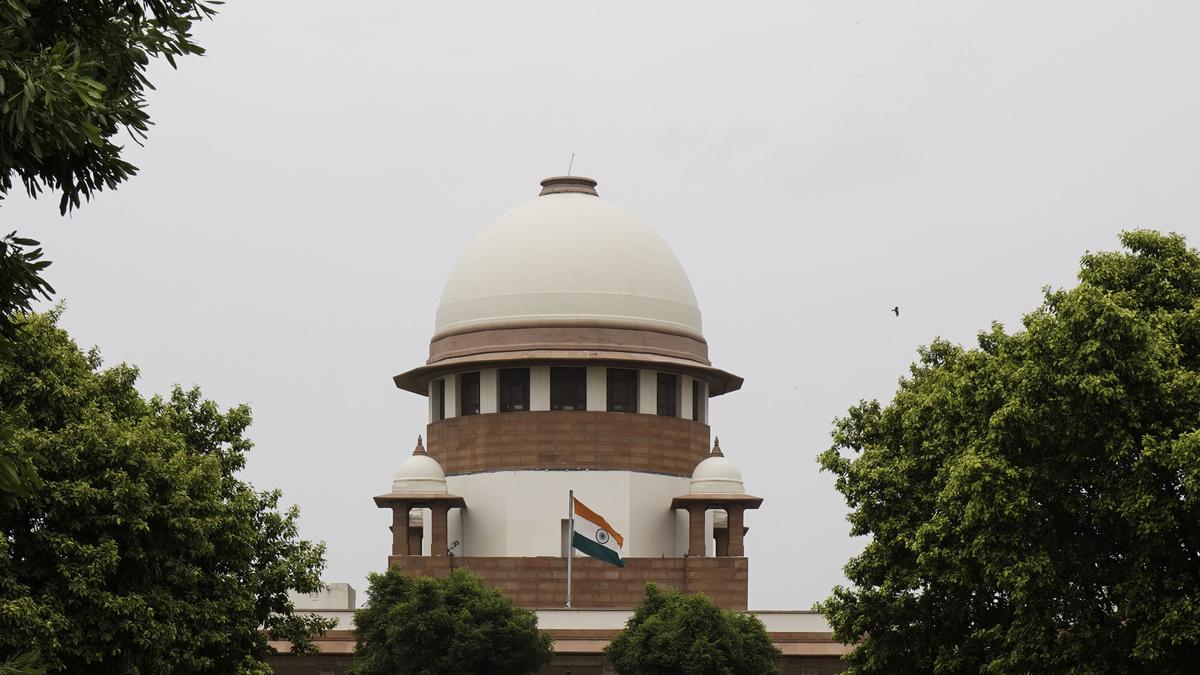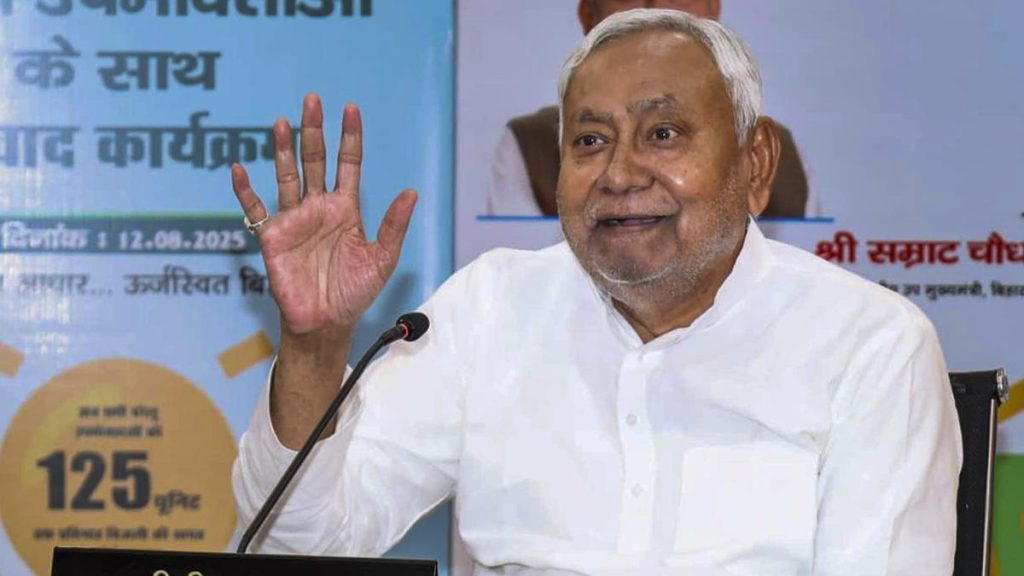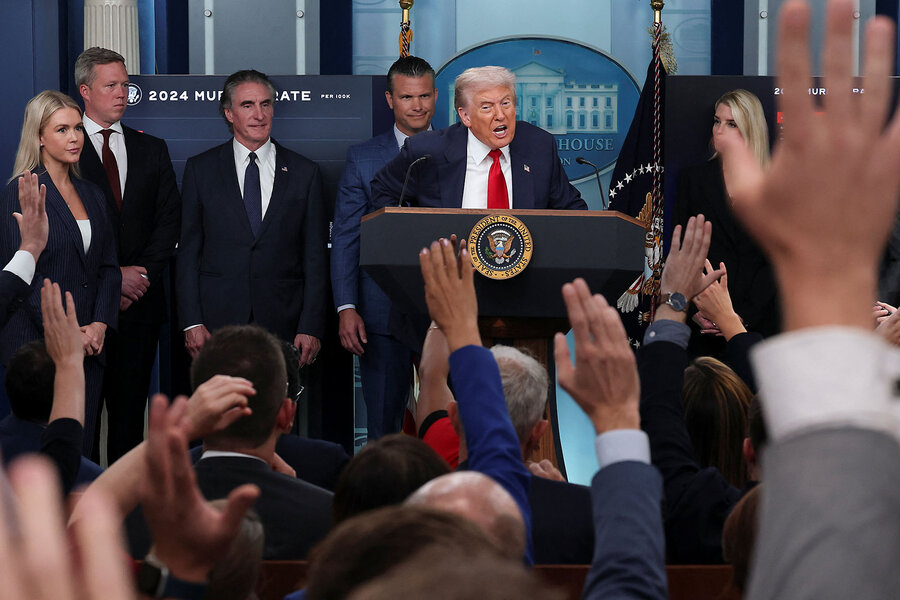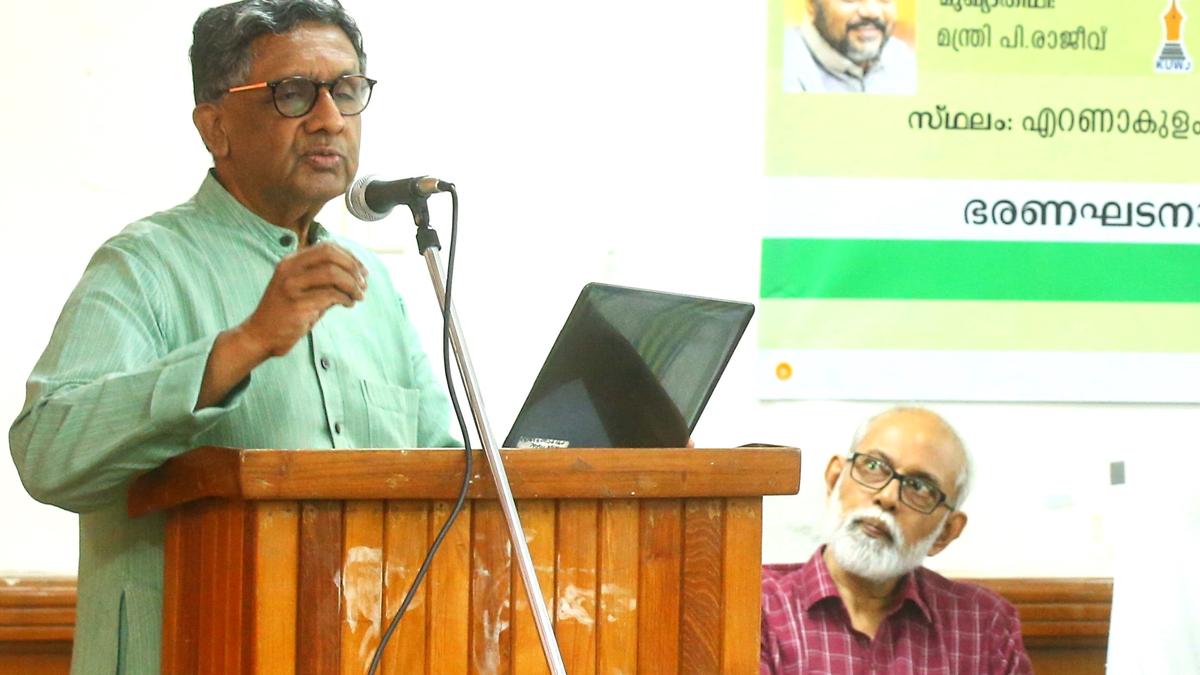Now Reading: Supreme Court Reserves Verdict on ED Summons to Lawyers
-
01
Supreme Court Reserves Verdict on ED Summons to Lawyers
Supreme Court Reserves Verdict on ED Summons to Lawyers

Speedy Summary
- The Supreme Court of India reserved judgment on a suo motu case concerning summons issued by the Enforcement Directorate (ED) to two senior advocates for providing professional legal advice to their client.
- Solicitor General Tushar Mehta acknowledged that lawyers cannot be summoned solely for giving legal opinions but emphasized that if actions beyond professional duties amount to an offense, standard laws would apply.
- Lawyer-client privilege under statutory law is recognized in Sections 132-134 of the Bharatiya Sakshya Adhiniyam (BSA), 2023, continuing protections from the repealed Indian Evidence Act, 1872.
- Mr. Mehta argued that deciding broad guidelines for lawyer-client privilege based on specific incidents might not be appropriate and should be handled case-by-case.
- Bar associations such as the Supreme Court Bar Association and Supreme Court Advocates-on-record Association raised objections about investigative agencies like ED summoning lawyers arbitrarily, citing concerns over potential “chilling effects” on the legal profession.
- Chief Justice B.R. Gavai had earlier commented critically on ED’s practices, with a caution from Mr. Mehta against generalizing observations.
Indian Opinion Analysis
This case highlights critical issues surrounding lawyer-client privilege and questions the balance between investigative powers and protecting professional rights in India’s judicial framework. While Solicitor General Tushar Mehta affirmed statutory protections for lawyer-client communications under BSA provisions, he also insisted these privileges are not absolute when lawyers engage in unlawful activities beyond their advisory roles.lawyers’ ability to provide unhindered counsel is foundational to India’s justice system; arbitrary summoning may undermine this principle while risking intimidation or self-censorship within the profession. Conversely, investigative agencies such as ED must operate within clear boundaries but without losing authority required to address legitimate offenses effectively.
The Supreme Court’s decision could set significant precedents shaping interpretations of statutory privilege under contemporary laws like BSA 2023-its long-term implications may extend across judiciary-professional accountability and agency oversight domains.

























